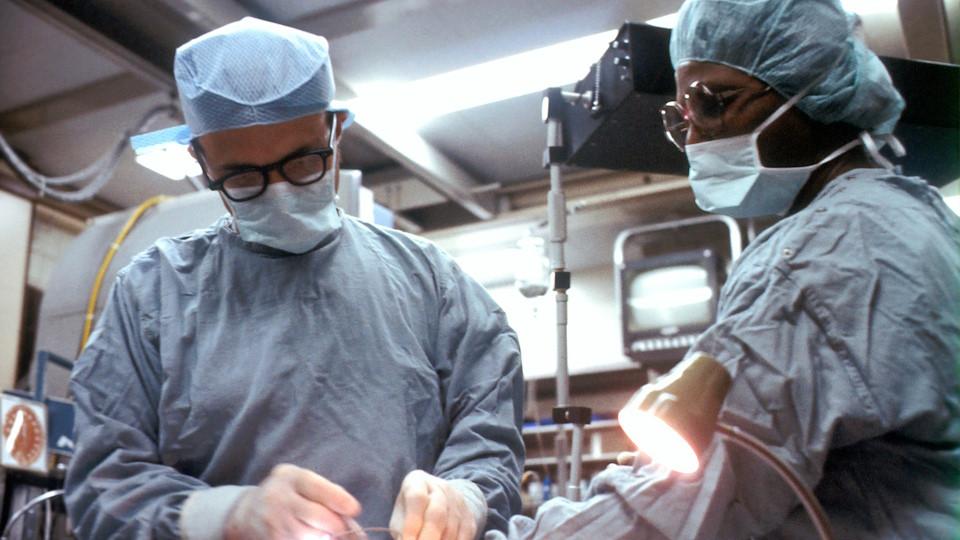With FDA okay, AZ takes on MSD in early-stage lung cancer

AstraZeneca has claimed FDA approval for its immunotherapy Imfinzi before and after surgery for non-small cell lung cancer, setting up a contest with MSD's rival Keytruda.
PD-L1 inhibitor Imfinzi (durvalumab) has been cleared for use in adult patients who need surgery for early-stage (IIA-IIIB) NSCLC and have no ALK or EGFR mutations that would make them suitable for targeted therapies.
According to the label, AZ's drug will be given in combination with chemotherapy in the neoadjuvant setting before surgery, and as a monotherapy in the post-surgery, adjuvant phase. MSD's powerhouse PD-1 inhibitor Keytruda (pembrolizumab) was cleared for neoadjuvant/adjuvant use in early-stage NSCLC last October.
Before that, cancer immunotherapies for this type of cancer were authorised for use either before surgery – using Bristol-Myers Squibb's Opdivo (nivolumab) – or after surgery, with either Keytruda or Roche's Tecentriq (atezolizumab).
The approval for the use of Imfinzi in this setting comes after an FDA advisory committee concluded that the drug had met the efficacy objective in the AEGEAN trial that supported the FDA filing, but also called for a complete rethink about how 'perioperative' trials are designed.
Panellists were concerned that the design of the study did not make it possible to separate the benefits of the pre- and post-surgery treatment phases, meaning that it was possible patients were exposed to more drug treatment with no additional clinical benefit. MSD's KEYNOTE-671 study also failed to isolate the pre- and post-treatment phases.
In AEGEAN, Imfinzi plus chemotherapy was given ahead of surgery, compared to chemo alone, with Imfinzi or placebo continued afterwards. There was a significant 32% reduction in the risk of cancer recurrence, progression, or death with the immunotherapy in the trial, which has been published in the New England Journal of Medicine.
The drug has previously been cleared in the UK, Switzerland, and Taiwan for perioperative use in early-stage NSCLC, and is under regulatory review in the EU, China, and other countries.
In an AZ statement, John Heymach of the University of Texas MD Anderson Cancer Center in Houston, Texas, said that Imfinzi "brings an important new treatment option that should become a backbone combination approach for patients with resectable non-small cell lung cancer, who have historically faced high rates of recurrence even after chemotherapy and surgery."
Around 25%-30% of all patients with NSCLC are diagnosed early enough to have surgery to try to cure the cancer, but in most cases the disease recurs and the five-year survival rate for people with stage II disease is 36% to 46%, according to AZ.
Photo by National Cancer Institute on Unsplash












